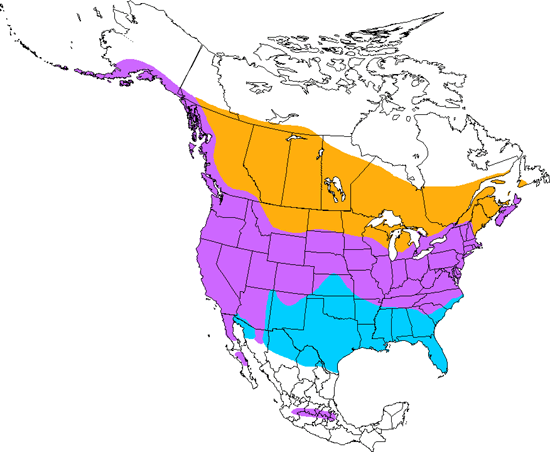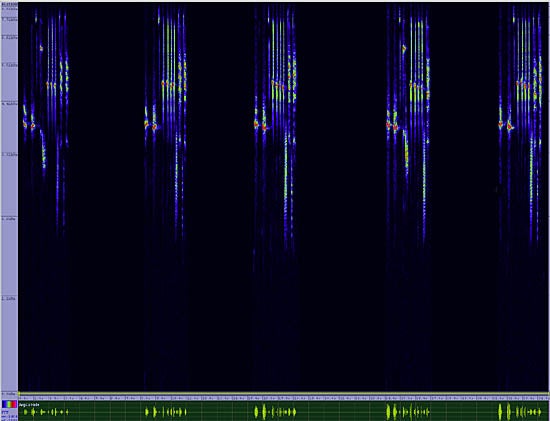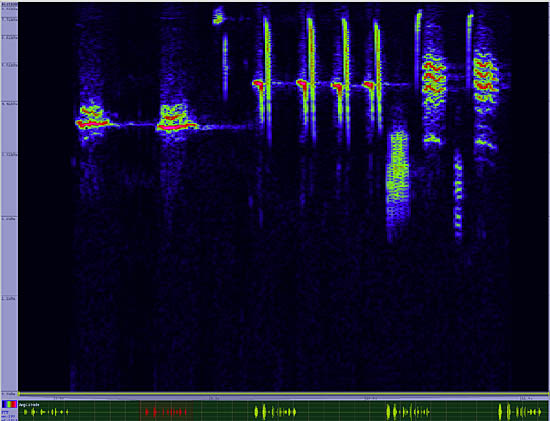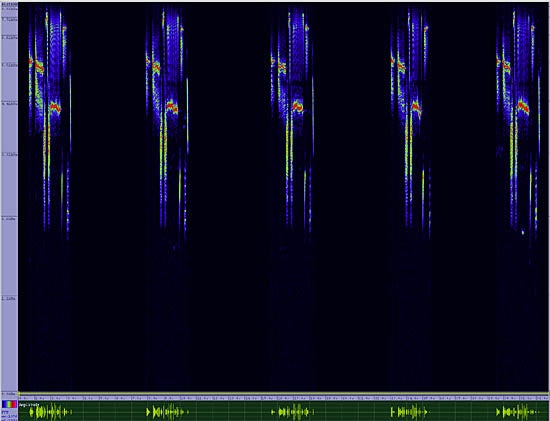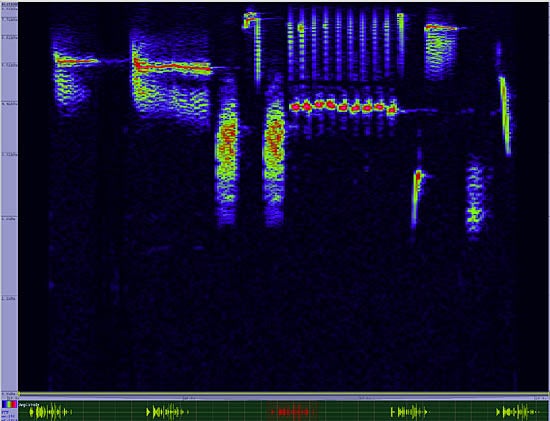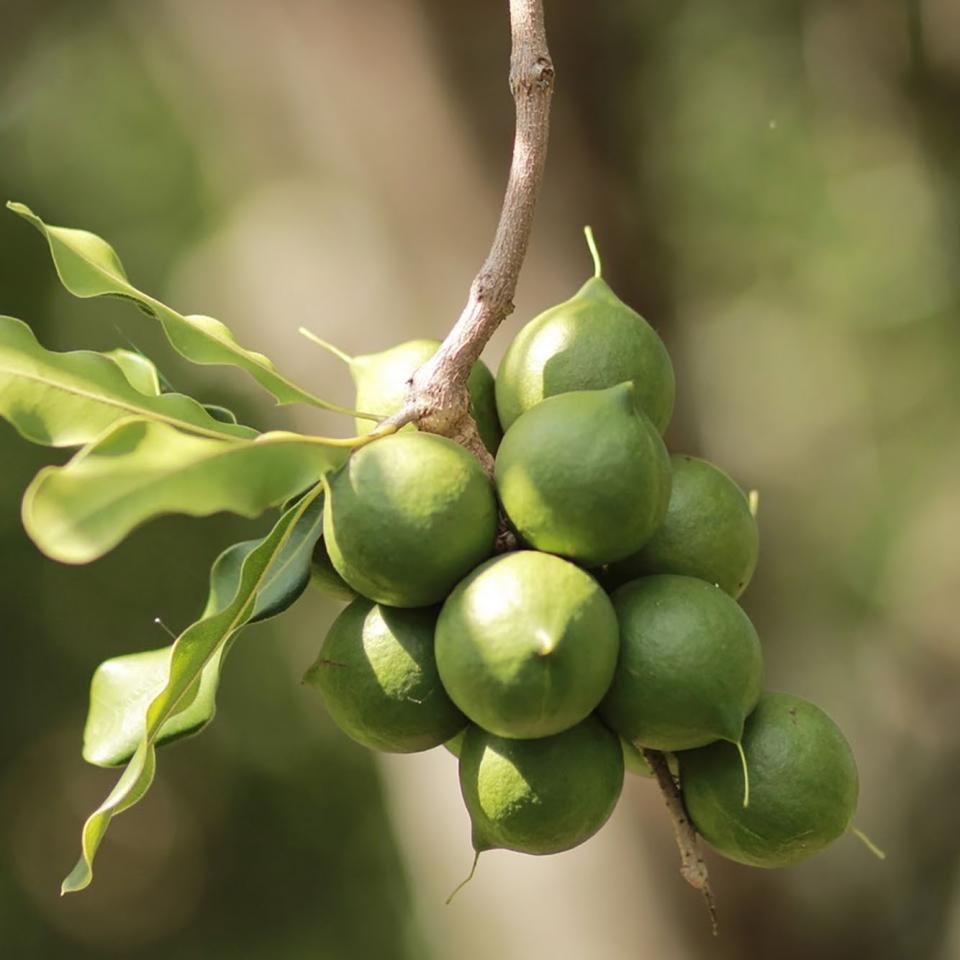The four-digit banding code is SOSP.

Perching
Song Sparrow
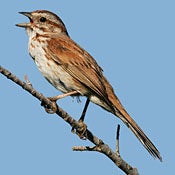
Length: 6 in. (16 cm )
View Citation
Bibliographic details:
- Article: Song Sparrow
- Author(s): Dr. Biology
- Publisher: Arizona State University School of Life Sciences Ask A Biologist
- Site name: ASU - Ask A Biologist
- Date published: July 13, 2017
- Date accessed: November 12, 2024
- Link: https://askabiologist.asu.edu/activities/bird/song-sparrow
APA Style
Dr. Biology. (2017, July 13). Song Sparrow. ASU - Ask A Biologist. Retrieved November 12, 2024 from https://askabiologist.asu.edu/activities/bird/song-sparrow
Chicago Manual of Style
Dr. Biology. "Song Sparrow". ASU - Ask A Biologist. 13 July, 2017. https://askabiologist.asu.edu/activities/bird/song-sparrow
Dr. Biology. "Song Sparrow". ASU - Ask A Biologist. 13 Jul 2017. ASU - Ask A Biologist, Web. 12 Nov 2024. https://askabiologist.asu.edu/activities/bird/song-sparrow
MLA 2017 Style
Be Part of
Ask A Biologist
By volunteering, or simply sending us feedback on the site. Scientists, teachers, writers, illustrators, and translators are all important to the program. If you are interested in helping with the website we have a Volunteers page to get the process started.







